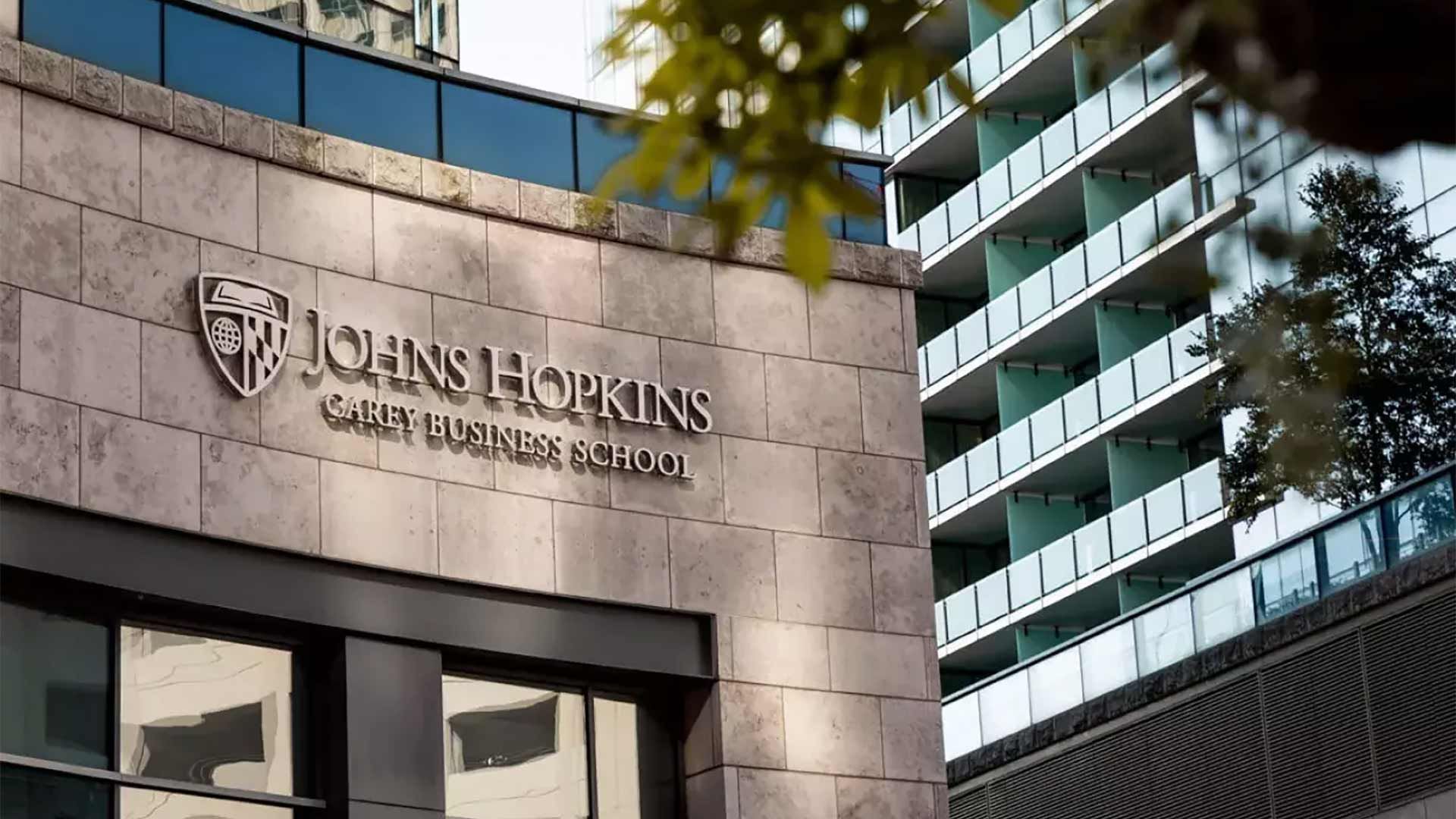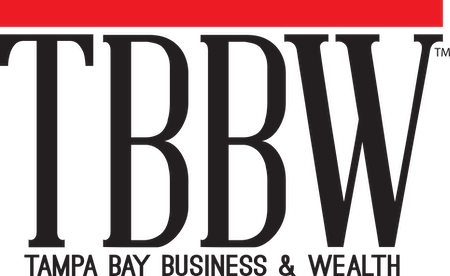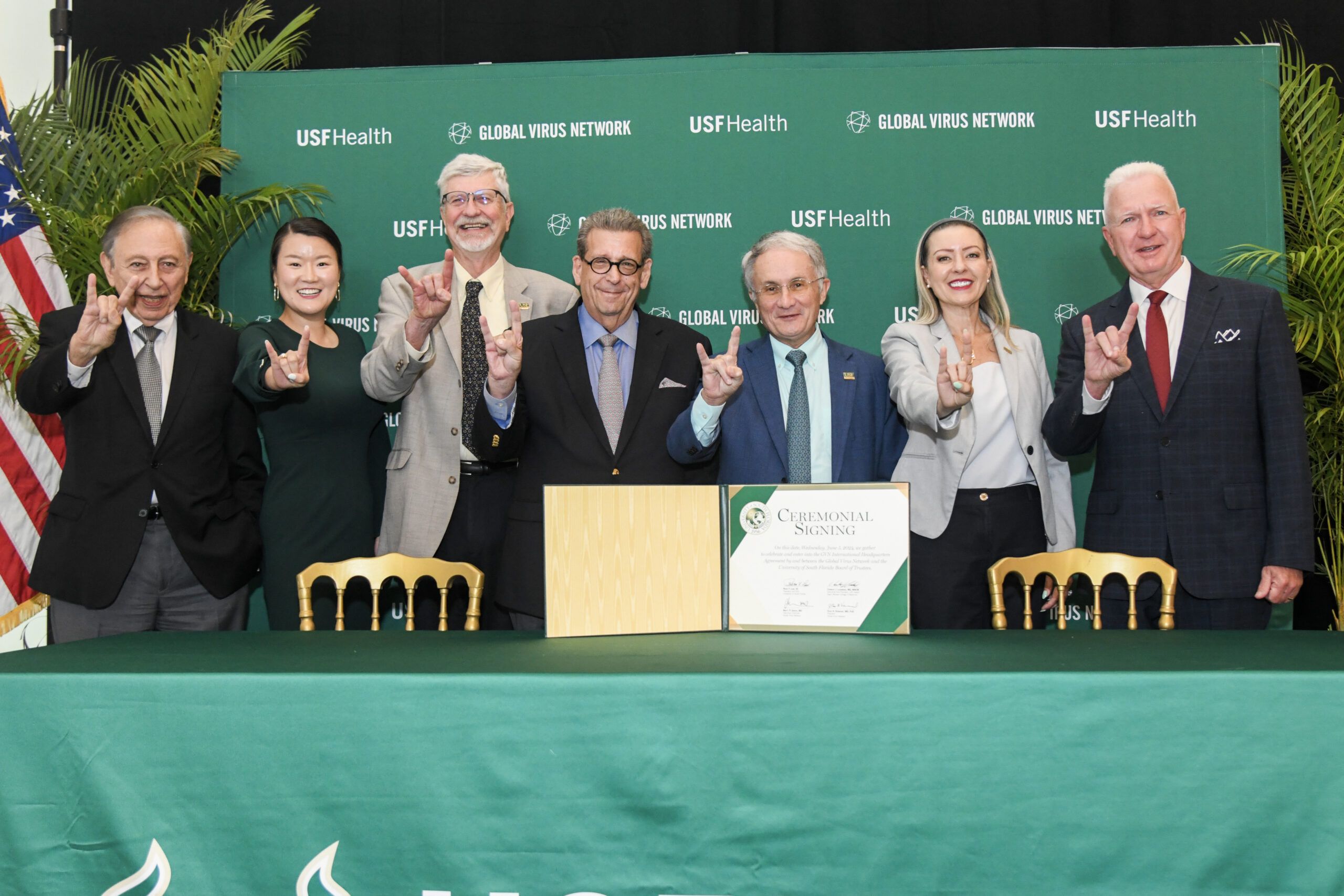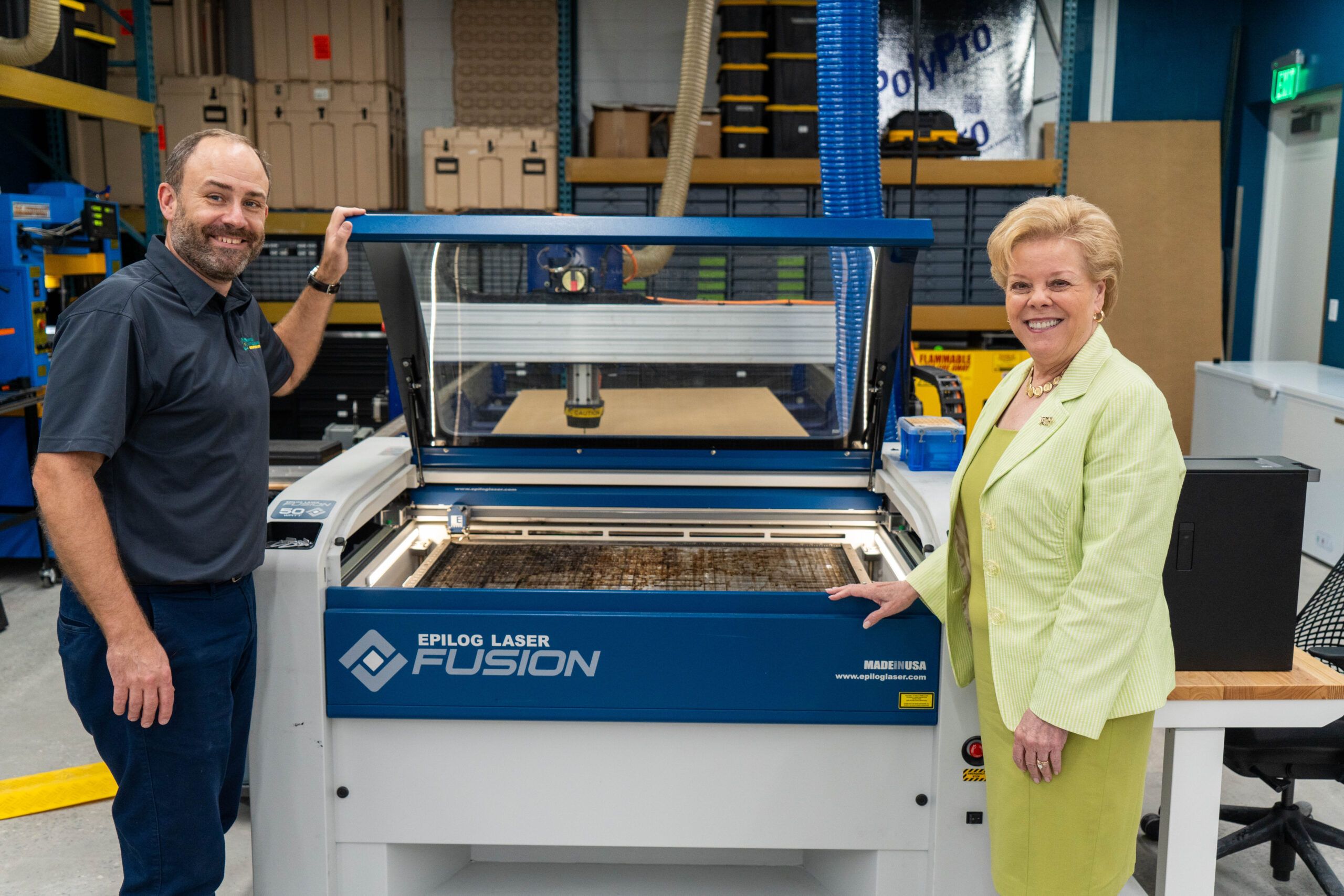By Roxanne Chance-Chin, Bank Secrecy Act (BSA) Officer and Fraud Investigations Manager, The Bank of Tampa
Unfortunately, fraud is on the rise. In addition to existing schemes, fraudsters are using the health and economic uncertainties presented by COVID-19 to perpetrate fraud. As a consumer and/or business owner it’s important to be mindful of fraud trends so you can take measures to protect yourself, your family and your business from becoming victimized. Below, we will discuss how to identify, and avoid, common fraud schemes.
Phishing Schemes
One of the most common fraud schemes we see is phishing. In a phishing scheme, a fraudster hangs out bait to trick someone into providing personal information, either by text or email. For example, a fraudster may phish for passwords, account numbers or social security numbers to gain access to your bank accounts, e-payment platforms and email. Once access is gained, a fraudster may take over your account, steal your money or even sell your personal information to be used in a fraud attempt at a later time. Why do people fall for this? The fraudster’s phishing attempts are made to look like they are from a trusted source, such as your bank or credit card company, or a social networking site.
Consumers and business owners may protect themselves by ensuring they have the proper security software active and up to date on their phones and computers. Additionally, we recommend users implement multi-factor authentication (an account setting that requires two or more credentials to log in) to protect all accounts. Finally, take some time to analyze any email from an unknown sender. Are there typos and poor grammar in the email? Are there inconsistencies in email addresses, links or domain names? Does the email include a suspicious attachment? These are all signs of phishing attempts and the email should be deleted immediately.
Ransom Scams
Ransom, or extortion scams, come in different forms. There is ransomware (malicious software or malware), which fraudsters use to obtain access and take over a company’s website or business account by holding it for ransom and refusing to release it without payment. Ransomware can occur inadvertently when it’s downloaded to a computer by clicking on an online ad, or link, opening an attachment or in some cases, going to a website where the malware has been planted. Once installed, the malware will freeze your computer and communicate the ransom. Some malware will go as far as to encrypt the files on your computer and even other computers, or devices, on your home or office network.
We also see individuals impacted by ransom scams, especially in areas where there is community wealth. Targeted individuals may receive letters, or emails, asking them if they are interested in investing in a potentially lucrative venture, usually a real estate or joint venture opportunity. Fraudsters will even go as far as trying to find out real, or false, information about you, or a family member, and require a ransom to keep that information secret.
To safeguard your business, and personal, computers avoid clicking on links, and attachments, from unknown sources and double-check seemingly known sources. If you become involved in business opportunities with individuals you do not know, ensure you have an attorney involved. If any business opportunity leads to a solicitation to send virtual currency it should be a red flag and if a fraudster is blackmailing you, in any manner, get law enforcement involved.

Of course, these are just a couple of examples of common fraud scams. We see everything from the use of social media to collect personal identifying information to card skimmers being used within retail stores. Additionally, through newer technologies like radio-frequency identification (RFID), which uses electromagnetic fields to automatically identify and track information, fraudsters can steal your data without ever coming in contact with you.
If you believe you are a victim of fraud, notify your financial institution and local law enforcement immediately.
Roxanne Chance-Chin serves as BSA Officer and Fraud Investigations Manager at The Bank of Tampa. Chance-Chin has more than 20 years of banking experience, thirteen of which have been focused on bank regulations and governance. Chance-Chin holds a Bachelor of Science in technology management, as well as the Certified Anti-Money Laundering Specialist (CAMS) designation. She is also a graduate of the Tampa Homeland Security Investigations Citizens Academy.
The Bank of Tampa | Member FDIC














